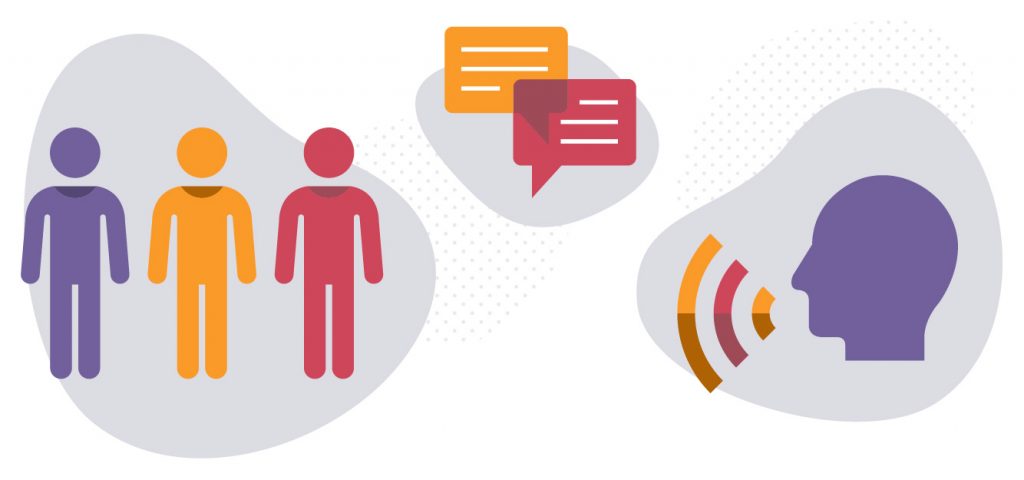Interview Prep
Interview skills + tips
An interview is a time to identify which candidate is the best fit for a job, internship, or academic program.
Identify yourself
- Present: Where are you right now?
- Past: What relevant experiences have you had? (Education, jobs, leadership roles, volunteer positions)
- Future: Why are you excited for this opportunity? (Goals, passions, learning opportunities)
Do your research
- Know about the company, organization, or academic program.
- Try to connect your goals with the organization’s mission or vision.
- Familiarize yourself with the position and its job description. Know what makes this specific position unique.
- Be familiar with current trends in that field. Be able to identify industry trends from the last five years.
Assess yourself
- What are your strengths, skills, and experiences? How do they fit with this new position?
- Pick out the top three qualities you would bring to the position.
- What do you need to improve upon? Highlight how you have continuously worked on this growth area.
- What makes you a unique candidate? Why would they hire you?
Practice, practice, practice!
- Write out answers for commonly asked interview questions.
- Read your answers out loud as you write to help commit it to memory.
- Practice in front of a mirror or a friend.
- Challenge yourself with verbal & non-verbal communication.
Making an impression
Remember: You do not have to answer questions regarding age, sex, race, national origin, or marital status.

Nonverbal communication, tone of voice and spoken words all play a crucial role in making a positive first impression.
Helpful tips + reminders
- Make a good first impression: Arrive early and be polite to everyone you come into contact with. Say your full name and give firm handshakes when introducing yourself.
- Be engaged: Show enthusiasm and interest in the company, industry, and position.
- Ask questions: Show your interest and you can learn more about the company.
- Be articulate: Be able to describe how and why you’re the best fit. Know how to talk about your areas for professional improvement without seeming negative.
After the interview, keep the momentum going
Follow up with a thank you note within 24-48 hours.
- Show your interest: highlight why you’re a good fit for the position
- Personalize it: talk about something specific from the interview
- Be positive and non-intrusive
5 of the biggest interview mistakes
- Arriving late for the interview
- Leaving your cell phone on
- Not preparing for the interview
- Talking about your weakness as a failure
- Criticizing a previous employee
Dress for success!
- Pay attention to colors, styles, and finished look
- Avoid attire that might be distracting (you want to focus on you not your clothes!)
- Business professional attire usually includes a blazer
What to expect during the interview
Types of interview questions
- Resume-related: questions to learn about your experiences, skills, and training
- Behavioral based: questions to understand how you respond to situations
- Case studies: scenario-based questions to understand your behaviors and decision-making process
- Brain teasers: questions to identify your critical thinking skills
The STAR Technique for Interview Questions
- Situation: Provide context. Detail the background. Where? When?
- Task: Describe the change and expectations. What was needed? Why?
- Action: Elaborate on your specific action. What did you do? How? What tools did you use?
- Results: Explain the results. accomplishments, recognition, savings, etc. Quantify.
Career Seekers
- Apprenticeships + Internships
- My High School Path
- High School Career + Tech Programs
- My Career Path
- Nevada’s Top 100 Jobs
- Employment + Training Services
- Success Stories
Fun fact!
$60,000
Nearly 9 out of 10 apprentices are employed after completing their apprenticeship. The average starting salary is $60,000 per year.

